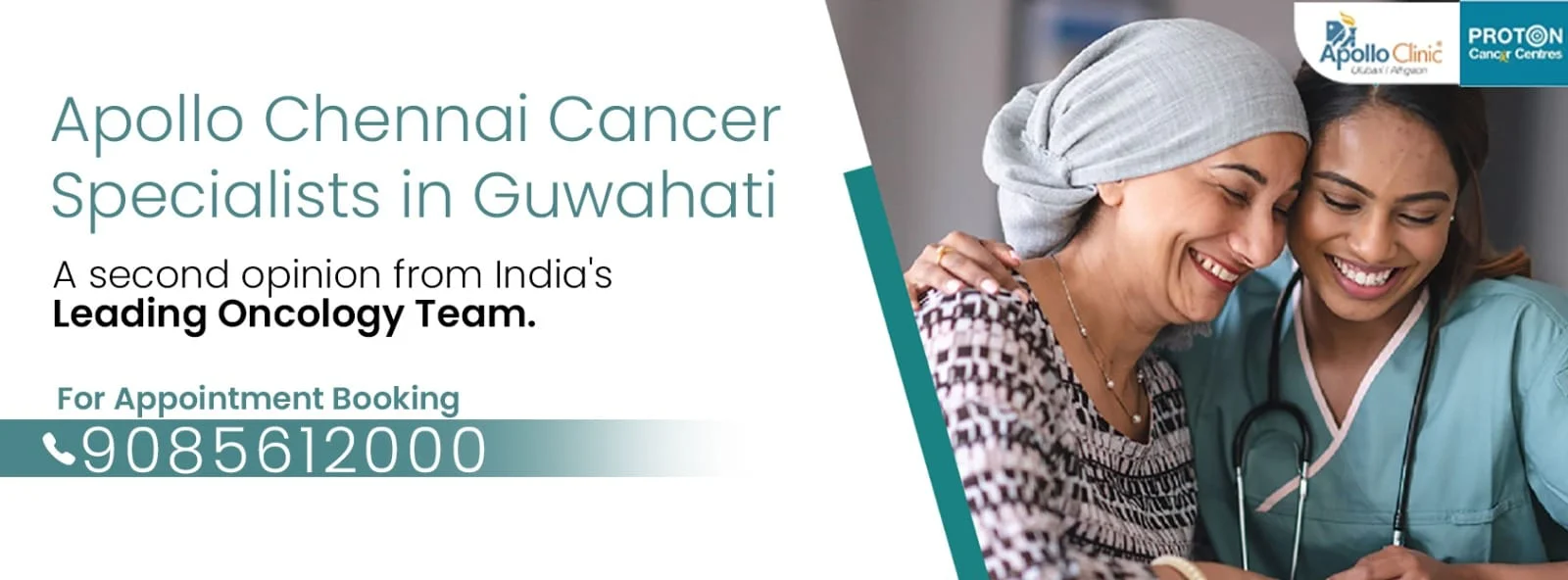
Top Oncologists in Guwahati: With You Every Step of the Way at Apollo Clinic Ulubari!
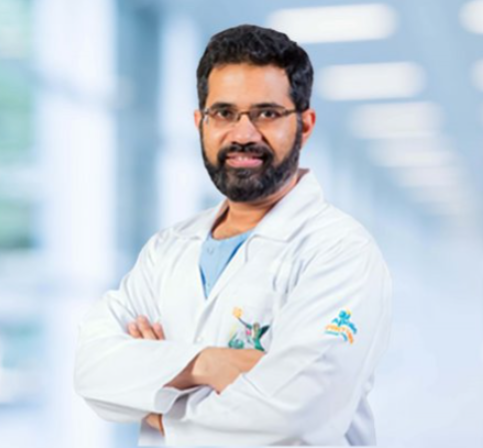
Dr. Arvind Sukumaran
MCh in Neurosurgery – National Institute of Mental Health and Neurosciences (NIMHANS), Bangalore
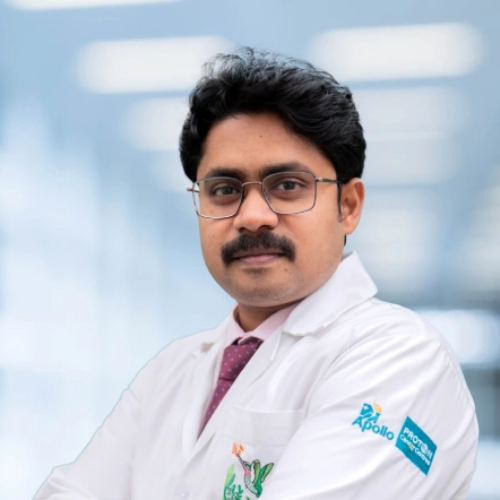
Dr. Balamurugan Srinivasan
MCh (Surgical Gastroenterology)
FMIS – IRCAD, Taiwan
Fellow – Laparoscopic HPB Surgery – SNUBH, South Korea
MRCS – Royal College of Surgeons, Edinburgh
FRCS (UK) – Fellowship from the Royal College of Surgeons, UK
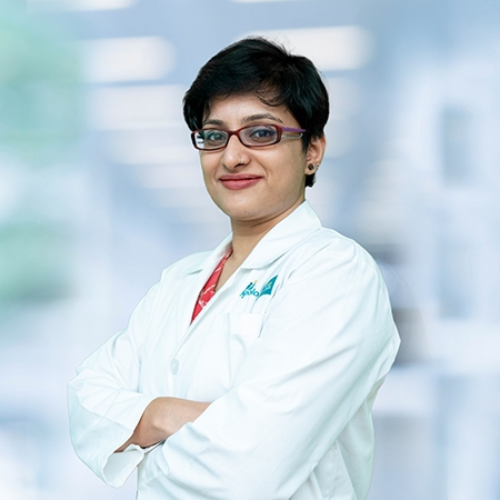
Dr. Manjula Rao
Fellowship in Breast Diseases
Fellowship in Breast Oncology
Masters in Oncoplastic Breast Surgery – University of East Anglia, Norwich, England
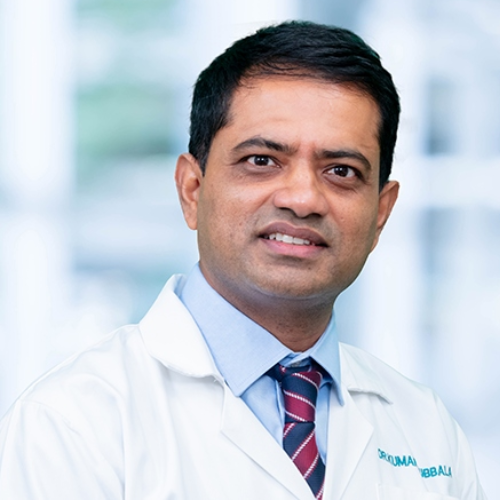
Dr. Kumar Gubbala
MRCOG – Member of the Royal College of Obstetricians and Gynaecologists, London
Postgraduate Training in Obstetrics and Gynaecology – London and Oxford
Fellowships in Gynaecological Oncology – The Royal Marsden Hospital, London; The Christie’s Cancer Hospital, Manchester; Oxford University Hospitals, Oxford
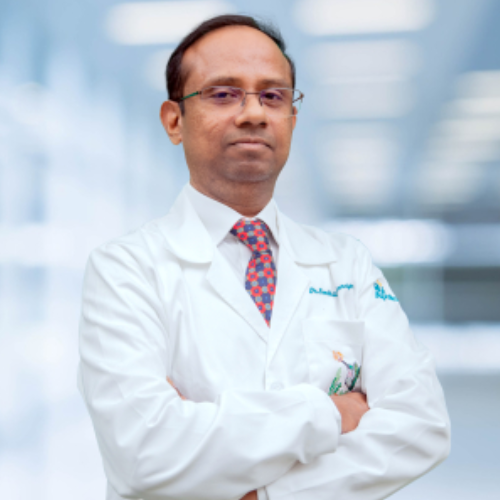
Dr. Senthil Kumar Ganapathi
MRCSEd – Royal College of Surgeons, Edinburgh
MD (Research) – University of London
FRCS – Royal College of Surgeons (Intercollegiate), England
FACRSI – Fellowship of Association of Colon and Rectal Surgeons of India
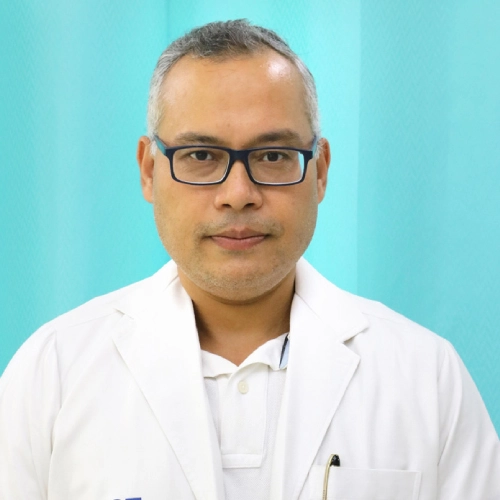
Dr. Sandip Duarah
Praful Desai/UICC Fellowship in Surgical Oncology
Certified Course in Pain and Palliative Medicine – Indian Association of Palliative Care (IAPC)
FHNO Travel Fellowship – Tata Memorial Hospital
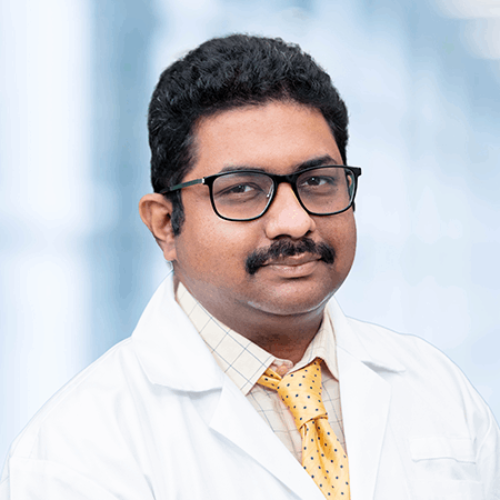
Dr. R. Srivathsan
MS – General Surgery – G.B. Pant Hospital / Maulana Azad Medical College, New Delhi
MCh – Urology – Kilpauk Medical College, Chennai
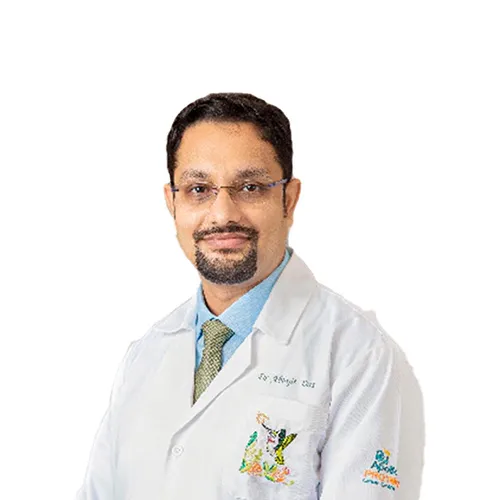
Dr. Abhijit Das
Fellowship in Thoracic Oncology (SNUK, Korea)
Fellowship in Advanced Esophageal Surgery (NCC, Japan)
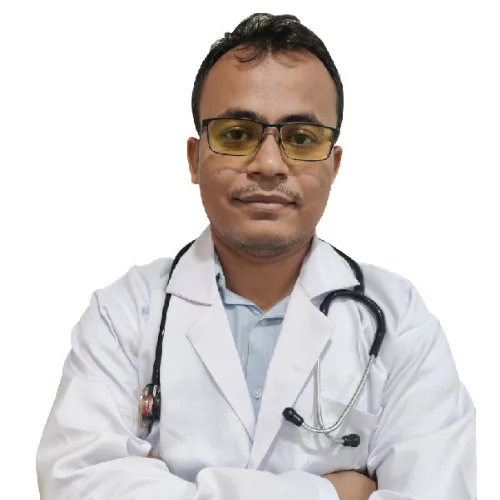
Dr. Rajiv Paul
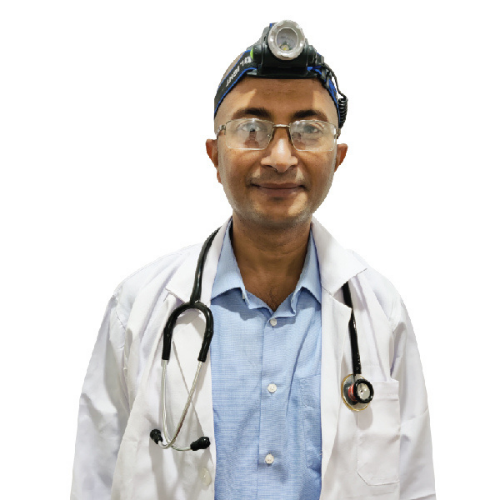
Services by the Best Oncologists in Guwahati At Apollo Clinic
Apollo clinic Ulubari offers the best diagnostic facilities for Cancer Diagnosis and Staging. Therefore onco surgeons are able to accurately detect and stage various types of cancers, including:
- Breast cancer
- Lung cancer
- Colorectal cancer
- Prostate cancer
- Blood cancers (leukemia, lymphoma)
- Gynecological cancers
- Head and neck cancers
- Skin cancers
Top oncologists in Guwahati offer treatment and modalities which are suitable to your specific needs, such as:
- Chemotherapy to destroy cancer cells.
- Radiation Therapy to kill cancer cells.
- Removing cancerous tumors through surgical procedures.
- Targeted Therapies to target cancer cells without harming healthy cells.
- Immunotherapy to stimulate the immune system to fight cancer cells.
Why Choose Apollo Clinic Ulubari Onco Surgeon?
Our onco surgeons have extensive experience in treating a wide range of cancers. Also,they stay updated with the latest advancements in the field.
They have access to modern diagnostic equipment and treatment technologies. Consequently, they ensure that you receive the highest quality care.
Our onco surgeons work closely with you to understand your unique needs and develop a personalized treatment plan.
Our oncology doctors provide emotional support and counseling to help you cope with the challenges of cancer.
Our clinic is conveniently located in Ulubari, Guwahati, making it easily accessible for patients in the region.
Where to Find Oncologist near me?
If you are perplexed and searching for an oncologist in your neighbourhood, checkout Apollo Clinic Ulubari. Also, our team of the top oncologists in Guwahati is here to provide exceptional care and support for your cancer journey. Moreover, the state-of-the-art facilities and the latest treatment options, help you fight cancer effectively.
Frequently Asked Questions (FAQs) About Oncology
Oncology encompasses the diagnosis and treatment of tumors and cancers.
Types of cancer are categorized on the type of cell they originate from. Some common cancers are breast cancer, lung cancer, colon cancer, prostate cancer, and blood cancers like leukemia and lymphoma.
Cancer causes are still elusive, however, several risk factors such as tobacco use, unhealthy diets, excessive alcohol consumption, exposure to certain chemicals or radiation, and genetic predisposition may cause cancer.
An oncosurgeon is a doctor who is an expert in the surgical treatment of cancer. Moreover, oncosurgeons perform various procedures to diagnose, stage, and treat tumors.
Oncosurgeons perform surgeries, including:
- Lumpectomy or removal of a tumor and some surrounding tissue.
- Mastectomy or removal of the entire breast.
- Colonoscopy or examination of the large intestine to detect polyps or cancer.
- Prostatectomy or removal of the prostate gland.
You can choose an oncosurgeon by considering their experience, qualifications, board certification, and patient reviews. Also, consider your comfort level while communicating with your doctor.
The main types of treatment depends on the type, stage, and location of the cancer. Common options:
- Surgery or removal of the tumor or affected tissue.
- Chemotherapy or using drugs to kill cancer cells.
- Radiation therapy or uing high-energy rays to destroy cancer cells.
- Immunotherapy to simulate the immune system to fight cancer cells.
- Targeted therapy using drugs that specifically target cancer cells.
- Hormone therapy for blocking or interfering with the hormones that fuel the growth of certain cancers.
You should be ready for side effects, which depend on the type of treatment and individual factors. However, your doctor will work with you to manage these side effects and provide support.
Broadly, Benign tumors are non-cancerous and do not spread to other parts of the body. However, Malignant tumors are cancerous and can metastasize, or spread to other organs.
Cancer staging is a procedure to determine the size and extent of a tumor and whether it has spread to other parts of the body.
The common symptoms of cancer are:
- Unexplained weight loss
- Fatigue
- Pain
- Persistent cough or hoarseness
- Changes in bowel habits
- Lumps or bumps
- Unusual bleeding or discharge
- Sore that doesn’t heal
Common treatments may include:
- Removing the cancerous tumor with surgery.
- Using drugs to kill cancer cells with chemotherapy.
- Using high-energy rays to kill cancer cells with radiation therapy.
- Using drugs that specifically target cancer cells.
- Stimulating the immune system to fight cancer cells.
The decision and ability to work during cancer treatment rests on the type of treatment and the individual’s health. However, treatments, including chemotherapy cause fatigue or other side effects that make it difficult to work.
Palliative care helps to improve the quality of life for patients with advanced cancer. Moreover,it involves managing pain, symptoms, and providing emotional support.
Doctors have not found ways to prevent cancer, however, studies show that certain lifestyle choices can reduce your risks:
- Maintaining a healthy weight
- Eating a balanced diet
- Regular physical activity
- Limiting alcohol consumption
- Not smoking
- Protecting your skin from excessive sun exposure
Early detection offers chances of successful treatment and chances of surviving.
Genetic testing help to identify inherited genetic mutations that may increase the risk of developing certain types of cancer. Also, such valuable data help make informed decisions and take preventive measures.
Clinical trials help to test new treatments for cancer. Also, can cer patients who participate in a clinical trial get access to promising treatments and also contribute to medical advancements.
Cancer is not very common in children, however, cancer can still affect them.
Yes ], the risk of cancer may increase with age. However, many older adults can effectively manage cancer and live fulfilling lives.
You can apply for financial assistance to organizations who help cancer patients cover the costs of treatment and other expenses.
Pregnancy after a cancer diagnosis will depend on which type of cancer, its stage and the treatments being given to you. Also, it is better to discuss this with your oncologist before you plan a pregnancy.
It is best to talk to an oncologist, who can provide advice on the risks and benefits of pregnancy during or after cancer treatment. Also, advice may vary depending on circumstances.
You can cope with the emotional impact by seeking support from friends, family, and mental health professionals.
Yes, it is very human to feel depression or anxiety after a cancer diagnosis. Therefore, patients must seek professional help.
To some extent, alternative or complementary therapies may provide some support during cancer treatment. However, it’s better to discuss these options with your oncologist.
It is best to consult your cancer care doctor before going on a trip. Also, the travel plans may largely depend on treatment and your overall health.
It can be highly challenging to balance work and cancer treatment. However, it is bst to talk to your employer and ask for reduced hours or job accommodations.




